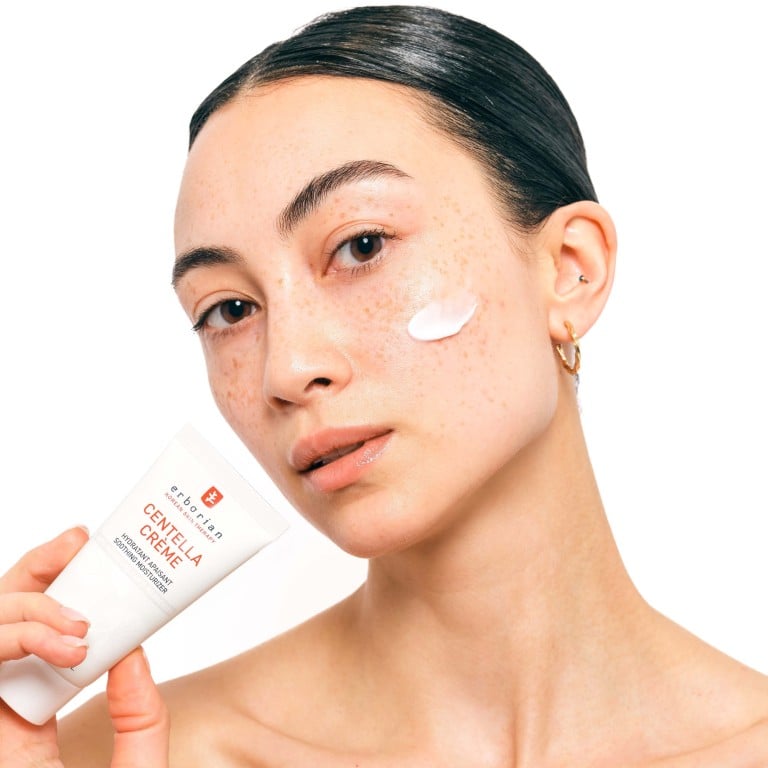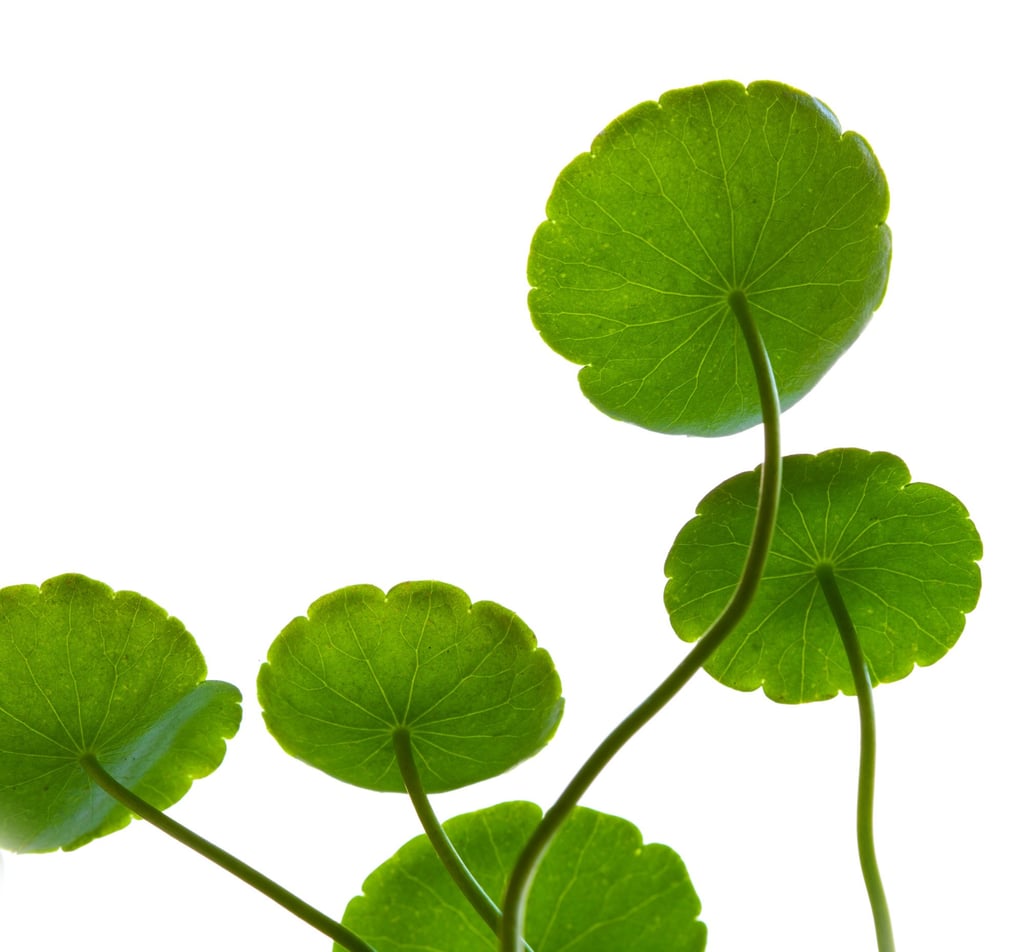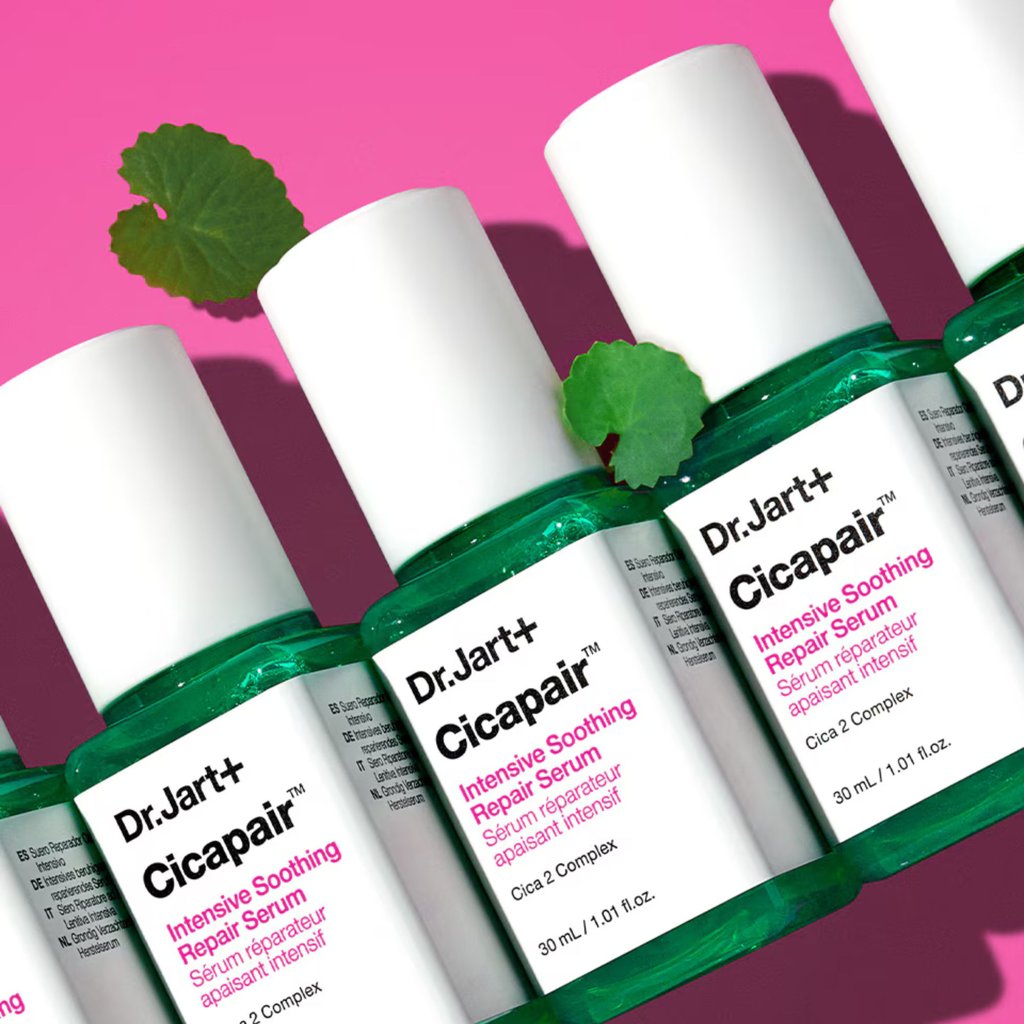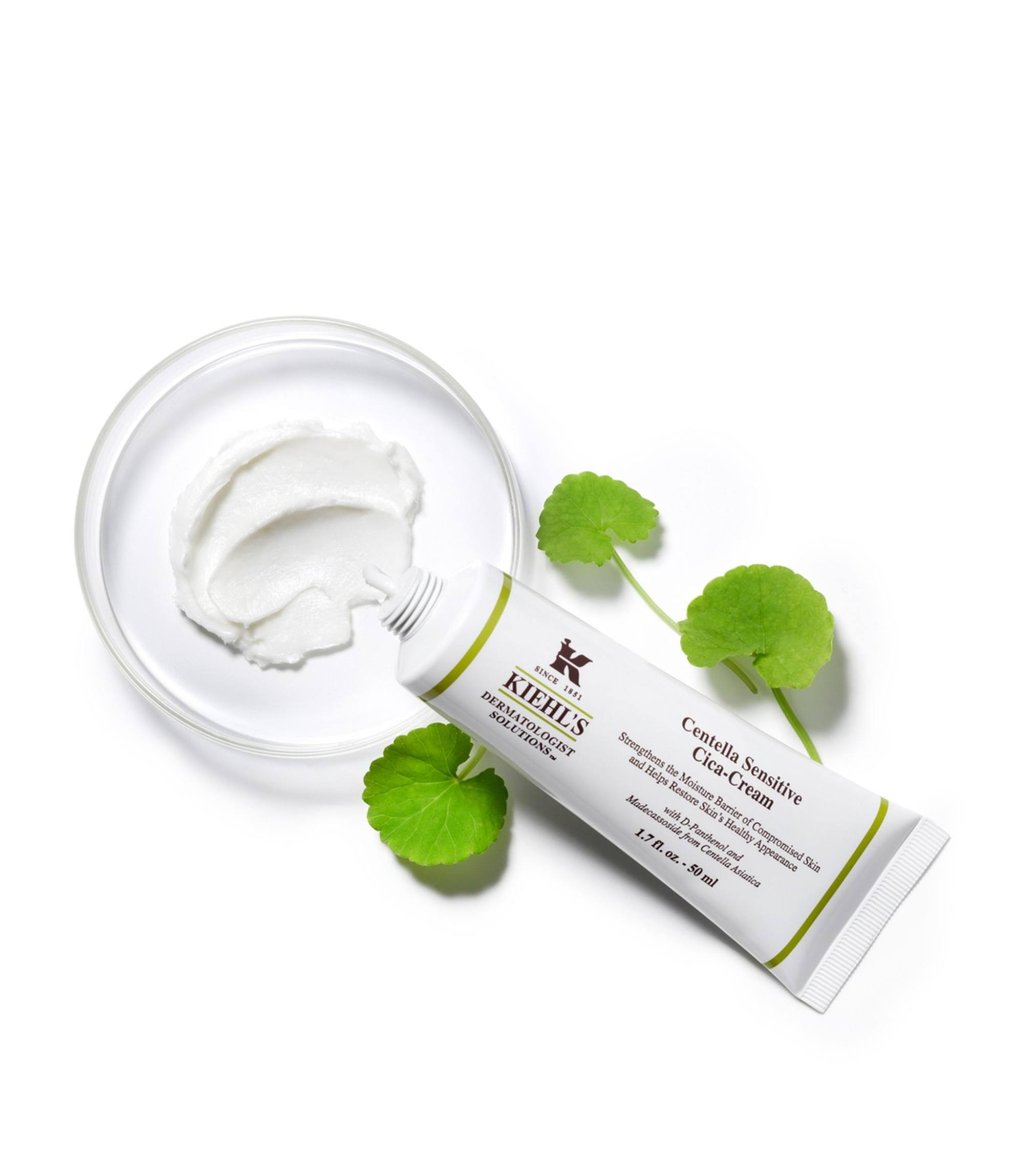What is cica, or Centella asiatica, and is it beauty’s latest hero? Used in traditional medicine for centuries, the ingredient has become a staple of Korean skincare brands

The botanical wonder started out as an anti-inflammatory and has now graduated to skincare, say dermatologists Dr Jason Stevens and Dr Eugene Tan
Among the bewildering array of serums, creams and ampoules flooding skincare aisles, one ingredient has shot to stardom on social feeds: Centella asiatica, or as it’s more popularly known, cica. This botanical wonder seems to be everywhere, from soothing creams to anti-ageing serums, and skincare devotees can’t get enough. But what makes it such a go-to for those seeking youthful skin?
Though cica might seem like just the latest trend, it’s far from new. Its use in skincare dates back centuries to traditional medicine practices in Southeast Asia. Known by various names – including gotu kola, Indian pennywort and tiger grass – this herb was historically applied to wounds and burns, and used to improve circulation. However, it wasn’t until Korean skincare embraced cica that this humble herb became a global sensation.

The key to its popularity lies in its chemical make-up that features a number of triterpenoids. “Cica features four key active compounds – asiaticoside, madecassoside, asiatic acid and madecassic acid – that work together to deliver multiple benefits,” dermatologist Dr Jason Stevens explains.
These compounds make cica a multitasking skincare powerhouse, capable of soothing irritation, promoting collagen production, speeding up wound healing and even reducing signs of ageing.

“For anyone battling redness, irritation or that maddening itch from sensitive skin, cica acts as a soothing balm. Its anti-inflammatory benefits make it a hero for conditions like eczema, rosacea and acne,” Stevens says. Whether the issue is a flare-up or long-term sensitivity, cica restores balance, calming the skin and dialling down inflammation.

Cica can also be an ally in the fight against premature ageing.
“Not a lot of people know that cica can also boost collagen production in the long term,” says dermatologist Dr Eugene Tan. “It stimulates the production of collagen types I and III, both of which are crucial for maintaining skin elasticity and firmness.